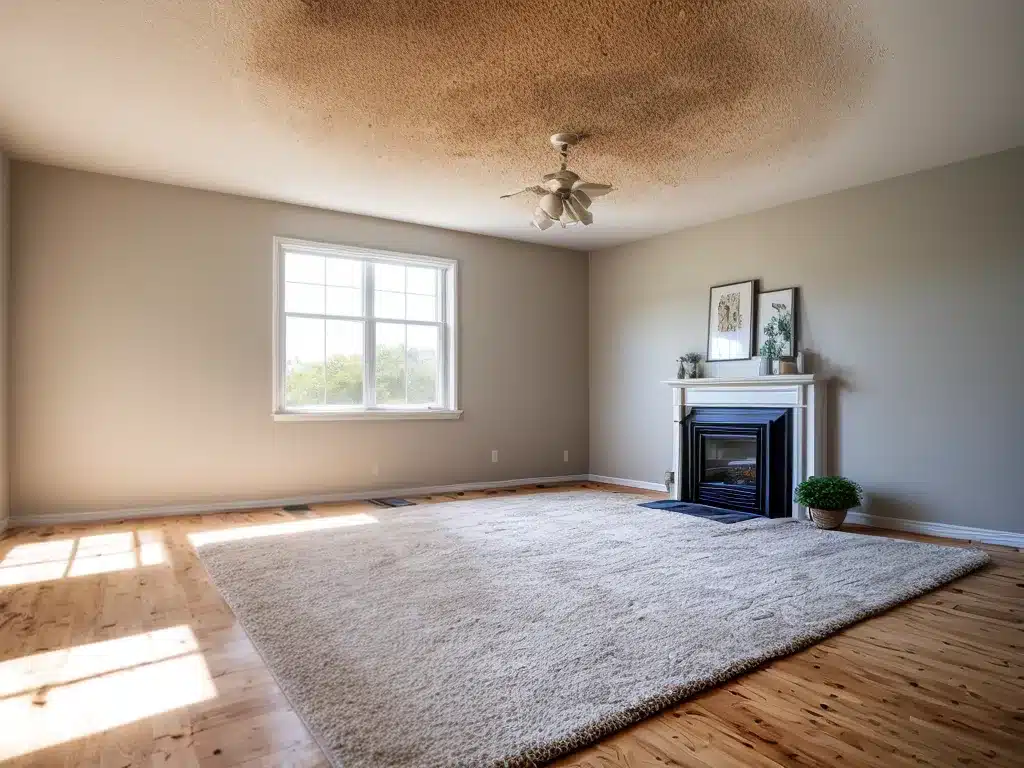What are Dust Mites?
Dust mites are tiny organisms that live in households and feed on dead skin cells shed by humans and pets. They are microscopic in size, generally measuring about 0.2-0.3 mm long, and are not visible to the naked eye.
Dust mites thrive in warm, humid environments with temperatures around 68-77°F. They prefer to live in fabrics like carpets, drapes, upholstered furniture, linens, mattresses, and stuffed toys where they have access to skin cells.
A single gram of dust can contain up to 2,000 dust mites. They are the most common cause of year-round allergy and asthma triggers indoors. Allergic reactions to dust mites are due to proteins found in their feces and shed skins.
Why Get Rid of Dust Mites?
Dust mites can trigger allergic reactions and asthma. Exposure to dust mite allergens is a leading cause of year-round allergic rhinitis and asthma. Symptoms include sneezing, runny nose, itchy eyes, congestion, coughing, and wheezing. Severe dust mite allergies can significantly impact quality of life.
Dust mites increase risk of developing allergies. Early exposure to high levels of dust mite allergens puts children at an increased risk of developing dust mite allergies later in life. Controlling dust mites can help prevent allergic sensitization.
Dust mites may worsen eczema. Their presence can exacerbate atopic dermatitis (eczema) in sensitive individuals. Reducing exposure provides eczema relief for some people.
Improve air quality. Getting rid of dust mites reduces airborne allergens and potentially improves indoor air quality. Less dust means better breathing and less irritation.
Tips to Reduce Dust Mites Naturally
Use Protective Bedding Covers
Encase mattresses, box springs, and pillows in dust mite covers. The woven fabric blocks dust mites and allergens from escaping. This can significantly cut exposure during sleep when you shed the most skin cells.
Wash Bedding Frequently
Wash sheets, blankets, mattress covers, and pillowcases in hot water (130°F) weekly to kill dust mites and remove allergens. For severe allergies, consider washing twice a week. Use laundry detergent and skip the fabric softener, which can coat fibers.
Replace Fabric-Covered Furniture
Upholstered couches, chairs, and other fabric-covered furniture are dust mite havens. Replace them with leather, wood, vinyl, or other materials that discourage mites. Vacuum and damp mop floors frequently if keeping fabric furniture.
Remove Clutter
Less clutter means fewer places for dust to accumulate. Get rid of unnecessary fabrics, throw rugs, heavy drapes, and knickknacks. Store books, stuffed animals, and other items in closed cabinets.
Use a HEPA Air Purifier
A HEPA air purifier actively filters dust mite allergens from the air. Put one in bedrooms and main living areas to continuously remove allergens. Change filters regularly.
Clean With Steam
Use a steam cleaner on carpets, upholstery, drapes, and mattresses to kill dust mites with high heat. Steam cleaning also avoids chemical residue from cleaners.
Limit Humidity Levels
Use a dehumidifier to keep humidity under 50% to discourage mite growth and reduce allergen levels. Install bathroom exhaust fans and vent dryers to the outside.
Vacuum Regularly
Vacuum carpets, drapes, furniture, and hard floors at least twice a week using a vacuum with a HEPA filter. This removes allergens rather than stirring them up.
Dust Frequently
Dust hard surfaces like shelves, windowsills, and baseboards weekly using a damp microfiber cloth to trap and remove allergens. Avoid feather dusters that spread particles.
Conclusion
Dust mites are microscopic organisms that commonly trigger allergy and asthma symptoms. Reducing dust mite exposure through protective bedding, frequent laundering, decluttering, air purification, humidity control, vacuuming, and dusting can help provide allergy and asthma relief naturally. Consistency with these methods is key to successfully ridding your home of problematic dust mites and maintaining a healthier indoor environment.







